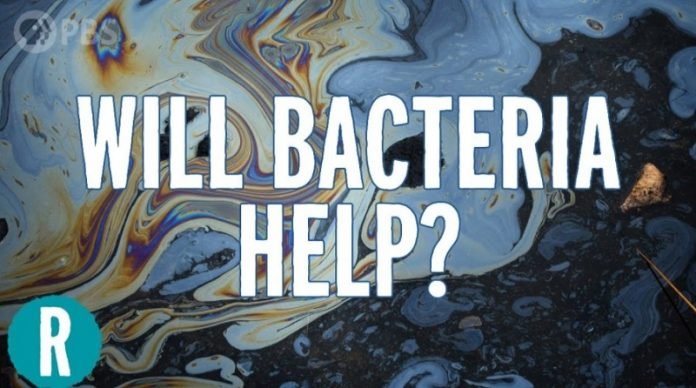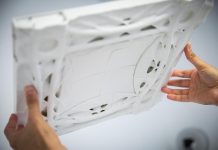
Bacteria are often painted as our adversaries, but when it comes to oil spills, toxic chemicals, and radioactive waste, they could be what save us from ourselves.
The Deepwater Horizon spill in 2010 released millions of tons of oil into the ocean.
As governments and the oil industry were trying to clean up the disaster, bacteria were already hard at work.
In this episode of Reactions, our host, Sam, creates an oil spill at home and puts bacteria to the test.
Reactions is a video series produced by the American Chemical Society and PBS Digital Studios.
The American Chemical Society (ACS) is a nonprofit organization chartered by the U.S. Congress.
ACS’ mission is to advance the broader chemistry enterprise and its practitioners for the benefit of Earth and all its people.
The Society is a global leader in promoting excellence in science education and providing access to chemistry-related information and research through its multiple research solutions, peer-reviewed journals, scientific conferences, eBooks and weekly news periodical Chemical & Engineering News.
ACS journals are among the most cited, most trusted and most read within the scientific literature; however, ACS itself does not conduct chemical research.
As a leader in scientific information solutions, its CAS division partners with global innovators to accelerate breakthroughs by curating, connecting and analyzing the world’s scientific knowledge.
ACS’ main offices are in Washington, D.C., and Columbus, Ohio.



